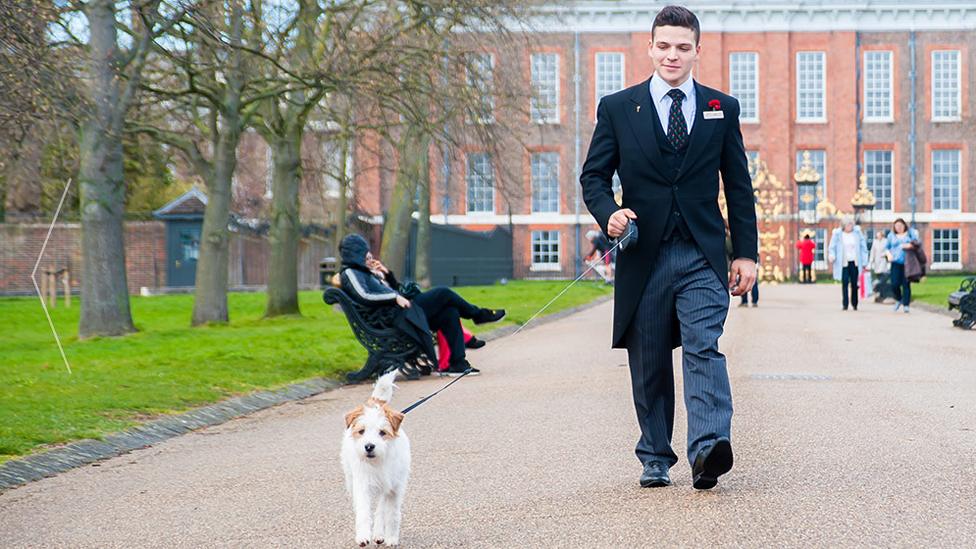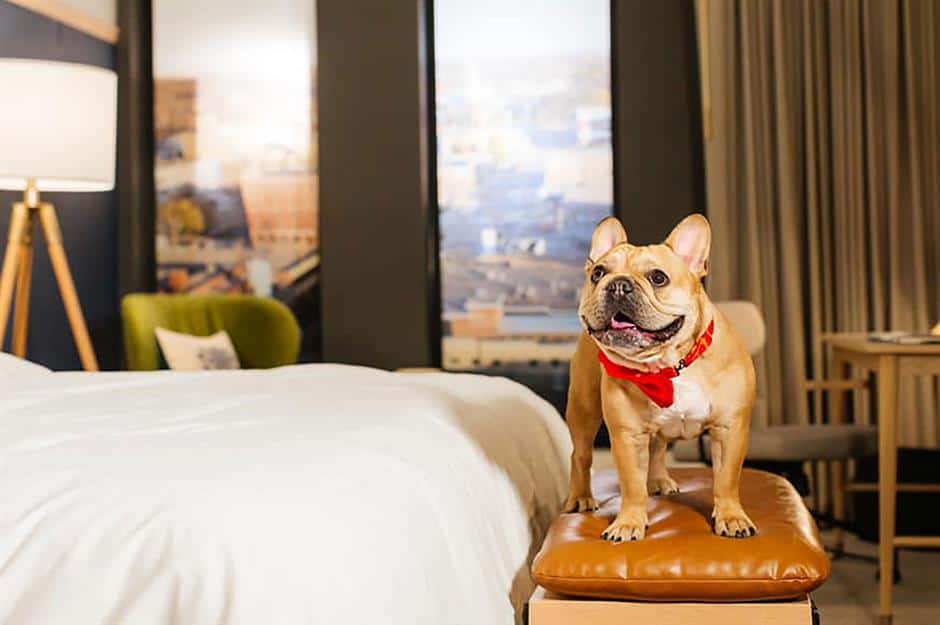Can a Hotel Deny a Service Dog? What You Need to Know in 2025
Service dogs play a crucial role in the lives of individuals with disabilities, providing assistance with tasks that range from guiding the visually impaired to alerting people with diabetes to low blood sugar levels. As these animals become more common, questions about their rights and access to public spaces, including hotels, have grown increasingly relevant. In 2025, the legal landscape surrounding service dogs continues to evolve, raising important considerations for both hotel operators and guests. Understanding the laws and guidelines can help ensure that service dogs are treated fairly while also respecting the operational needs of hospitality businesses.
Legal Framework Governing Service Dogs in Hotels
The Americans with Disabilities Act (ADA) is the primary federal law that governs the rights of individuals with disabilities, including those who rely on service dogs. Under the ADA, service animals are defined as dogs that are individually trained to perform tasks for people with disabilities. This definition distinguishes service dogs from emotional support animals, which are not covered under the same legal protections.
Hotels are considered places of public accommodation under the ADA, meaning they must comply with the law’s requirements. According to the ADA, hotels cannot deny access to a service dog or charge an additional fee for its presence. This means that a hotel cannot refuse a guest solely because they have a service dog. However, there are exceptions. If a service dog poses a direct threat to the health or safety of others, or if it would fundamentally alter the nature of the hotel’s services, the hotel may be able to deny access. These situations are rare and require careful evaluation.
Common Misconceptions About Service Dogs in Hospitality

Despite the clear legal framework, many misconceptions persist about the role of service dogs in hotels. One of the most common misunderstandings is that all dogs in public spaces are service animals. In reality, only dogs that are specifically trained to assist individuals with disabilities qualify as service animals under the ADA. This distinction is critical because it affects how hotels should respond to requests involving dogs.
Another misconception is that hotels are required to provide special accommodations for service dogs beyond what is necessary. For example, some hotels may believe they need to offer separate areas for service dogs, but the ADA does not require this. Instead, service dogs must be allowed to accompany their handlers in all areas where the public is permitted, including guest rooms, dining areas, and recreational facilities.
How Hotels Should Handle Service Dog Requests

When a guest arrives with a service dog, hotel staff should follow specific procedures to ensure compliance with the law. First, staff should ask whether the dog is a service animal and what task it performs. However, they should avoid asking for documentation or proof of the dog’s training, as this is not required under the ADA.
If the dog is indeed a service animal, the hotel must allow it to accompany the guest without charging an extra fee. Additionally, hotels should not restrict the dog from any area where the guest is permitted. This includes allowing the dog to stay in the guest room and access common areas.
In cases where a service dog exhibits disruptive behavior, such as aggression or excessive barking, the hotel may take action. However, this should be done carefully and in consultation with the guest. The goal is to address the issue while still respecting the guest’s right to have their service dog with them.
What Guests Should Know About Their Rights

For individuals who rely on service dogs, understanding their rights is essential when staying at a hotel. If a hotel denies access to a service dog or charges an additional fee, the guest has the right to file a complaint with the U.S. Department of Justice. The DOJ enforces the ADA and can investigate claims of discrimination.
Guests should also be aware of their responsibilities. While service dogs are protected under the law, they must be well-behaved and under the control of their handler at all times. If a service dog causes damage to hotel property or disrupts other guests, the hotel may have grounds to request that the dog be removed.
The Future of Service Dog Policies in the Hospitality Industry

As society becomes more aware of the needs of individuals with disabilities, the hospitality industry is likely to see continued improvements in how service dogs are accommodated. Advances in technology, such as better communication tools for guests and more comprehensive training programs for hotel staff, could further enhance the experience for both guests and employees.
Additionally, ongoing legal developments may refine the definitions and expectations around service animals. For example, debates about the distinction between service dogs and emotional support animals could lead to changes in how these animals are regulated. Regardless of future developments, the core principle remains: service dogs are essential companions for many individuals, and their access to public spaces, including hotels, must be protected.



